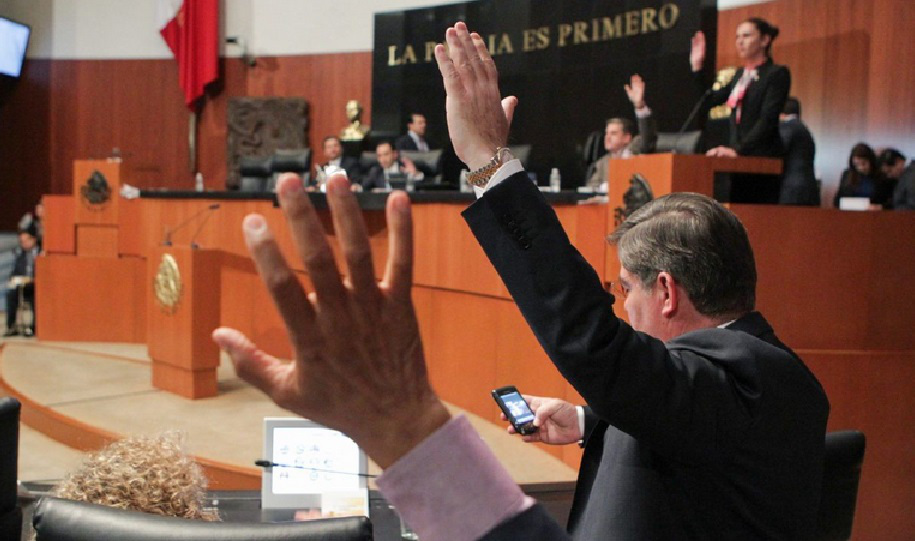






San José, May 2, 2014.- On April 30, the Congress of Mexico approved amendments to the Code of Military Justice, that for the first time established restrictions on the use of military jurisdiction. As a consequence, cases of human rights violations against civilians must be tried by the ordinary justice system and not by military courts.
The Center for Justice and International Law (CEJIL) celebrates this decision of the Mexican State which represents big progress in the consolidation of the protection of human rights in Mexico and comes as an answer to the claims of an organized civil society, the academy, and organizations that work for the protection of human rights.
It is worth mentioning that that the Inter-American Court of Human Rights had ordered the Mexican State to amend Article 57 of the Code of Military Justice in four previous occasions, three of them represented by CEJIL, together with the Miguel Agustín Pro Juárez Human Rights Center (Centro Prodh) and the Human Rights Center of the Mountain “Tlachinollan”.
“The approved reform is a significant advance in the human rights agenda in Mexico and it is an example of what can be achieved through democratic processes of discussion,” said Viviana Krsticevic, executive director of CEJIL.
On April 24, the reform was approved unanimously in the Senate and sent for discussion to the Chamber of Deputies, which also approved it unanimously. Human rights violations committed against military personnel are still pending to be excluded from the military jurisdiction, and the State must address this issue as soon as possible to effectively comply with the recommendations of the international protection bodies, in particular, with the ruling of the Inter-American Court of Human Rights.
Press releases:
The cases of Inés Fernández and Valentina Rosendo were remitted to the ordinary justice in Mexico [ES]
Help us continue this critical and urgent work with a donation!
DONATE NOW